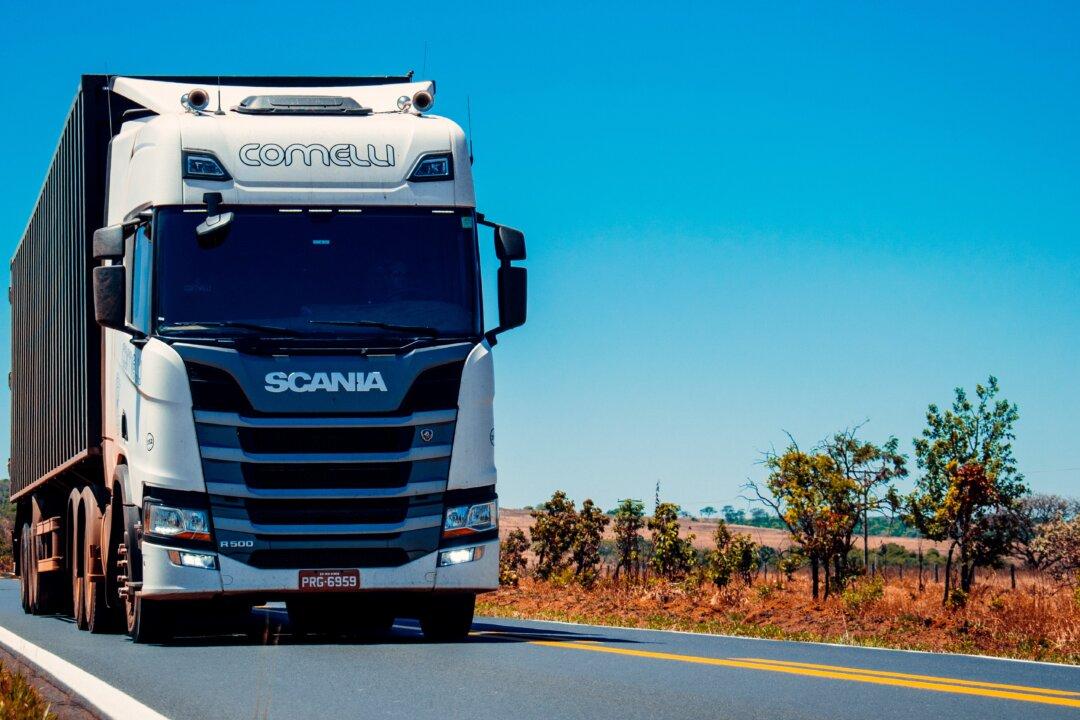A large portion of Australia’s fleet of trucks responsible for transporting food, fuel, and other resources may be left unable to operate as a shortfall of urea—a legally-required component in many modern diesel engines—grips international supplies.
This comes as the world’s biggest producer of urea, China, banned the export of the resource to prioritise domestic fertiliser supply—another key industry utilising urea—after previously supplying 80 percent of Australia’s urea demand.





